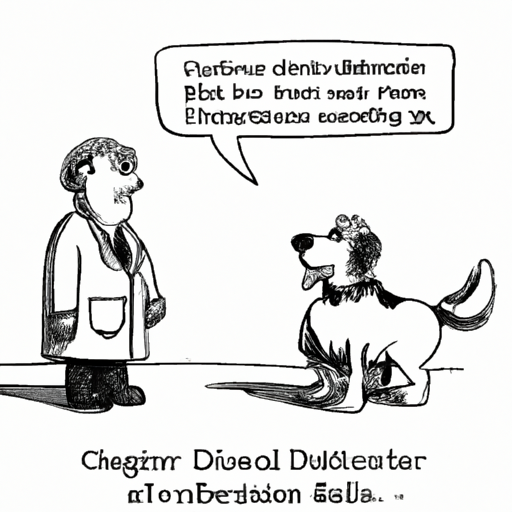For many of us, milk is a staple in our diets. Nevertheless, many pet owners are surprised to learn that their canine companions can’t share in their dairy indulgence. So, why can’t dogs have milk? Let’s dive into the details.
- Table of Contents
- Understanding Canine Digestion
- The Truth About Dogs and Dairy
- The Risks of Feeding Your Dog Milk
- Alternatives to Milk for Dogs
-
Frequently Asked Questions
-
Key Takeaways:
- Most adult dogs are lactose intolerant.
- Consuming dairy can lead to digestive problems in dogs.
- There are healthier, safer alternatives to milk for dogs.
Understanding Canine Digestion
The digestive systems of dogs are fundamentally different from our own. While humans have evolved to consume a variety of foods, including dairy, dogs have a more carnivorous nature. They primarily eat meat and have a digestive system optimized for that diet.
Although puppies can digest their mother’s milk, their ability to process lactose—a sugar found in milk—diminishes as they grow older. This is because the enzyme lactase, which breaks down lactose, decreases in the body as the puppy matures. This phenomenon is akin to lactose intolerance in humans.
The Truth About Dogs and Dairy
As a result of this lactase reduction, most adult dogs are effectively lactose intolerant. Feeding your dog milk or other dairy products can lead to a variety of health problems, including diarrhea, gas, and other digestive issues. This is due to the fact that without sufficient lactase, the lactose in milk moves through the dog’s digestive system and starts to ferment, leading to these symptoms. For more details, you can refer to this informative article by PetMD.
The American Kennel Club also has a comprehensive guide on this topic which states that not all dogs will have the same reaction to milk. Some dogs might be able to tolerate small amounts of dairy, while others may experience severe symptoms.
The Risks of Feeding Your Dog Milk
Feeding your dog milk doesn’t just lead to short-term discomfort. Over time, the constant exposure to lactose can lead to chronic conditions such as pancreatitis, a serious and potentially life-threatening inflammation of the pancreas. This condition can be caused by a high-fat diet, such as the fats found in dairy products.
Furthermore, milk and other dairy products are often high in calories. Consistently feeding your dog these high-calorie foods can also lead to obesity and other related health problems. OneTopDog has several articles on the dangers of obesity in dogs, including this informative piece and this guide on healthy diets.
Alternatives to Milk for Dogs
Given the potential risks, it’s far better to find alternatives to milk for your dog. Some options include:
- Water: The most natural and healthy drink for dogs. It’s essential for their hydration and overall health.
- Dog Milk Replacements: Some pet stores sell lactose-free milk specifically formulated for dogs.
- Bone Broth: A nutritious and hydrating option that can also serve as a tasty treat.
For additional options and tips, check out this OneTopDog article.
Frequently Asked Questions
1. Can I give my dog a small amount of milk?
While some dogs might tolerate small amounts of milk, it’s generally best to avoid it.
2. Are other dairy products safe for dogs?
Dairy products like cheese and yogurt also contain lactose, and can potentially cause the same problems as milk. However, they typically have less lactose than milk, so small amounts may be tolerated by some dogs.
3. What should I do if my dog accidentally consumes milk?
Monitor your dog for any signs of discomfort or illness. If your dog shows severe symptoms like vomiting or diarrhea, contact your vet immediately.
In conclusion, while it might be tempting to share a glass of milk with your furry friend, it’s best to abstain for their health. Remember, what’s good for us isn’t always good for our pets.



